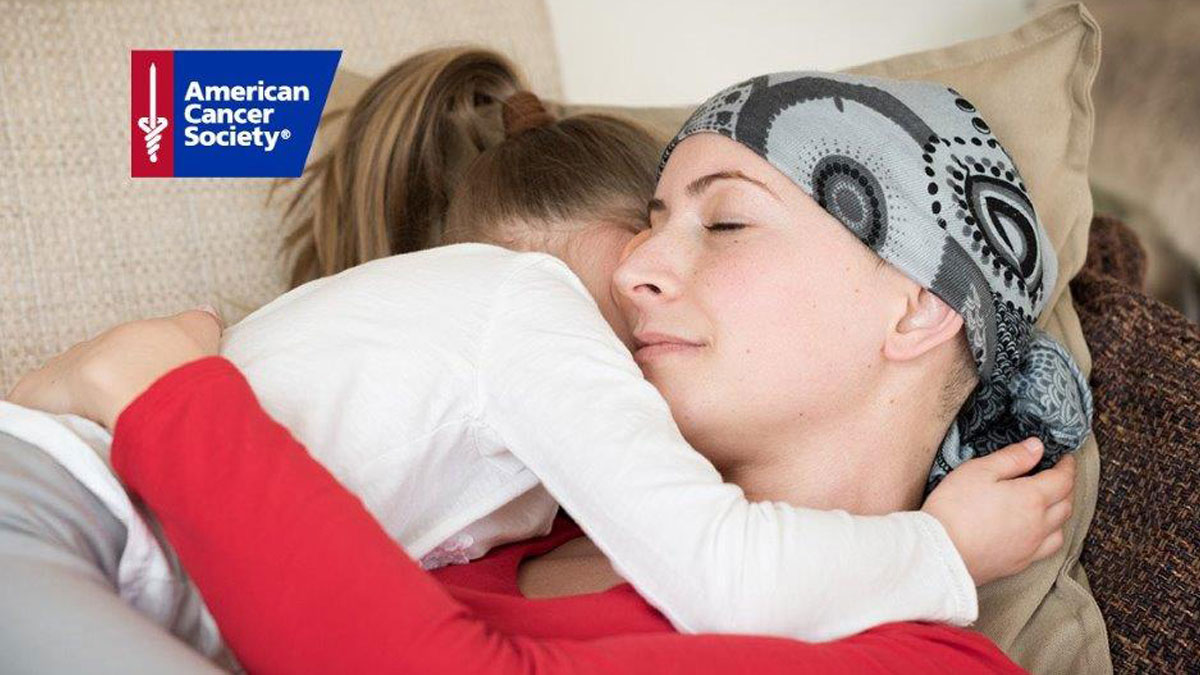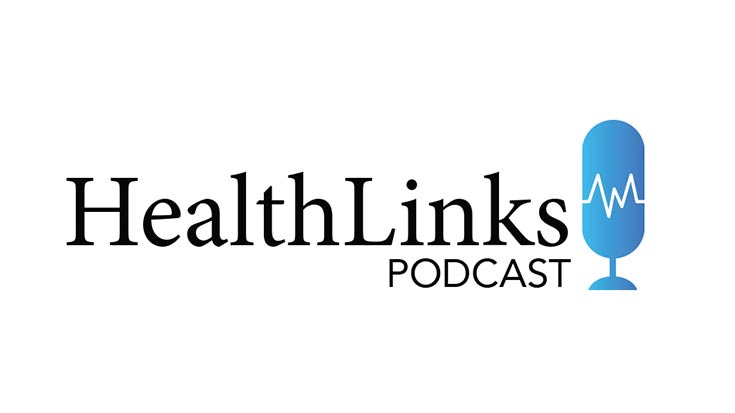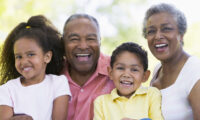“Cancer hasn’t stopped. So neither have we.”
That’s the message the American Cancer Society has adopted in the midst of the coronavirus crisis. It’s a message they believe cancer patients need to hear as they struggle with their compromised immune systems and the ever-growing list of questions regarding their vulnerability.
“They were already struggling personally and financially before the pandemic,” lamented Sundi Herring, senior manager of community development at the American Cancer Society’s Southeast Region North Charleston office. “Now the coronavirus has made them even more vulnerable than ever.”
Almost all of their efforts have shifted to addressing what cancer looks like for these patients as they face the threat of COVID-19. Herring said 80% of the calls they have received on their Cancer Helpline since the pandemic began have been related to the coronavirus.
“These patients need our support now more than ever before,” Herring empathized. “They feel isolated, and there isn’t enough information out there for them to really know what to do.”
Fortunately, the American Cancer Society employs more than 200 support specialists nationwide ready to take calls 24 hours a day, 365 days a year. Not only that, but the American Cancer Society website has revamped and refocused, now providing extensive coronavirus information. The front page takes you directly to another page explaining “what you need to know about the coronavirus.”
From there, the website navigates users to information explaining the “common questions about coronavirus and cancer” and “what to ask your health care team about COVID-19.”
There’s even a special COVID-19 podcast, which features experts and scientists discussing critical research findings related to cancer patients.
And, of course, the digital world has provided a driving force for them to spread their message. Herring said social media is where they learn about some of their clients’ unique stories, which allows them to better serve the cancer community.
For example, research is a huge part of their mission. Through online surveys, the American Cancer Society reached out to 300,000 participants for a coronavirus prevention study.
“It utilizes a symptom tracker app, and we are able to study lifestyle, genetics and other factors as it relates to cancer and COVID-19,” Herring explained. “This is something that we can do as an organization. This study will provide long-term data and will answer questions for cancer survivors and patients about their risks with the virus.”
And still, access to care is a big part of what they do as well. The Hope Lodge, a temporary housing facility for cancer patients’ families located downtown, and the rides they offer cancer patients to get to and from appointments remain their two largest programs. Both are unfortunately suspended at this time, but Herring said they have found other resources to support their patients. For instance, they have partnered with hotels in the area for their patients’ families to use until the Hope Lodge reopens.
The Hope Lodge will celebrate its 50th anniversary Aug. 8, and, despite the pandemic, Herring said they hope to regroup and hold some events in the fall.
“There’s the Shuck Cancer event and the big push we do for breast cancer in October,” she explained.
They want to plan a Lighting Up Hope event, Relay for Life and their Making Strides Against Breast Cancer event as well. Currently, Herring pointed out that they offer online concerts, live silent auctions and online support groups. However, their spring fundraising events were canceled, creating a significant budget deficit.
“Over 600,000 people died of cancer last year,” Herring said. “We need the continued support of our community now more than ever. Cancer hasn’t stopped and neither will we.”
For more information about the American Cancer Society, visit www.cancer.org.
By Theresa Stratford








